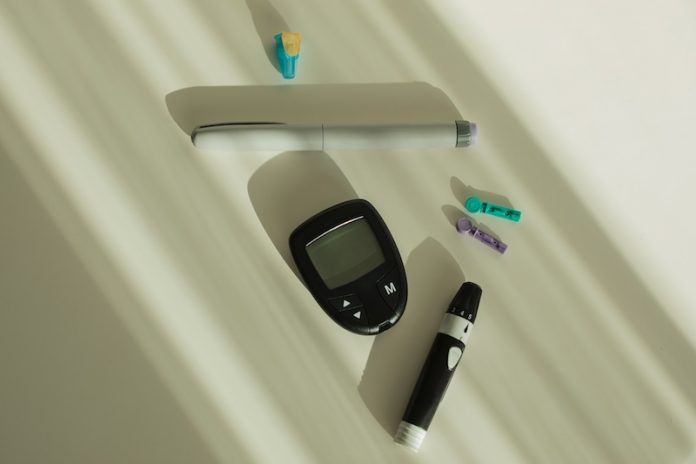
Managing blood sugar is essential for staying healthy, especially for people with prediabetes or type 2 diabetes. While medications can help, there are many natural ways to keep blood sugar levels under control.
These methods focus on lifestyle changes that improve how your body processes sugar, and research shows that they can be very effective.
One of the most important strategies is eating the right kinds of foods. Your diet plays a huge role in blood sugar control. Foods high in fiber, like whole grains, vegetables, fruits, nuts, and seeds, are excellent choices because they slow down the absorption of sugar into your bloodstream.
For example, studies show that eating oats, which are rich in a type of fiber called beta-glucan, can help stabilize blood sugar after meals.
Balancing your meals with healthy proteins and fats is also key. Foods like eggs, fish, lean meats, beans, and avocados can help prevent blood sugar spikes by keeping you full and reducing your body’s demand for quick energy.
Research shows that combining protein or healthy fats with carbohydrates can lower the overall rise in blood sugar levels after eating.
Another effective way to control blood sugar naturally is to stay physically active. Exercise helps your muscles use sugar for energy, which lowers the amount of sugar in your blood.
Both aerobic activities, like walking or cycling, and strength training, like lifting weights, are beneficial. According to studies, even short bursts of activity, such as a 10-minute walk after meals, can significantly improve blood sugar control.
Keeping your body weight in a healthy range can also make a big difference. Excess weight, especially around the belly, makes it harder for your body to use insulin properly, a condition called insulin resistance.
Losing just 5-10% of your body weight can improve how your body processes sugar and lower blood sugar levels.
Stress management is another important factor. Stress hormones like cortisol can raise blood sugar levels by signaling your liver to release more sugar into the bloodstream.
Practicing relaxation techniques, such as yoga, meditation, or deep breathing, can help reduce stress and improve your blood sugar levels over time.
A study in people with type 2 diabetes found that mindfulness meditation helped lower fasting blood sugar levels and improved overall health.
Getting enough sleep is often overlooked but plays a critical role in blood sugar control. Poor sleep can interfere with your body’s ability to regulate sugar.
Research has shown that people who consistently get 7-8 hours of quality sleep have better blood sugar levels than those who sleep less or have disrupted sleep.
Drinking plenty of water is another simple but effective strategy. Staying hydrated helps your kidneys flush out excess sugar from your bloodstream. Sugary drinks, on the other hand, should be avoided, as they can cause blood sugar to spike rapidly.
Lastly, keeping track of your blood sugar levels can help you understand how your body responds to different foods, activities, and habits. Regular monitoring allows you to make adjustments in real-time and see what works best for you.
These lifestyle changes are backed by science and can work together to improve your blood sugar control naturally. They don’t just lower blood sugar—they also improve overall health, reduce the risk of complications, and enhance your quality of life.
While these methods are powerful, they may not replace medication for everyone, so it’s important to talk to your doctor about the best approach for your individual needs. Small, consistent changes can make a big difference over time.
If you care about diabetes, please read studies that MIND diet may reduce risk of vision loss disease, and Vitamin D could benefit people with diabetic neuropathic pain.
For more information about diabetes, please see recent studies that Vitamin E could help reduce blood sugar and insulin resistance in diabetes, and results showing eating eggs in a healthy diet may reduce risks of diabetes, high blood pressure.
Copyright © 2024 Knowridge Science Report. All rights reserved.



